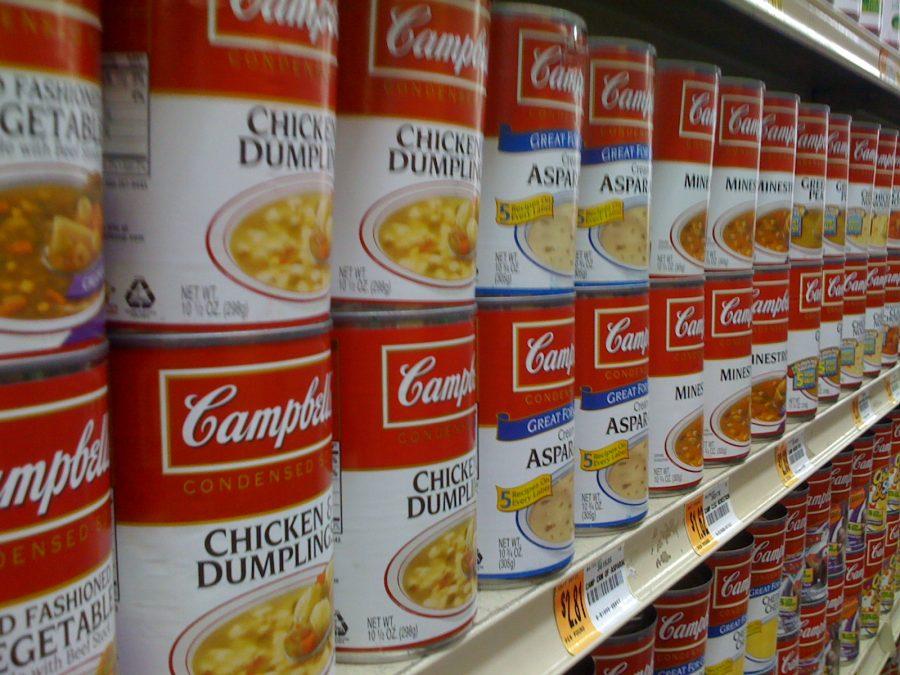Spring food drive on route to success
April 25, 2016
The annual spring food drive is in the midst of collecting food for local pantries, and is run by the Student Council.
The donations are initially given to the Northborough and Southborough food pantries. If there is a greater supply than they can accept, the remaining food is sent to the Mustard Seed [Catholic Worker food pantry] in Worcester.
“We’re about halfway to our goal,” Student Council advisor and social studies teacher John Barry said. “When we get back from break, there will be a big push. I think [the food drive can go far]. I think it’s going to be great.”
According to Barry, the food drive has a “flexible end date,” which implies that it will end around April 30 but will extend if donations continue to flow in.
“We [The Student Council] think the food drive is going really well,” Student Council member and junior Maggie Shatz said. “A lot of teachers have been giving incentives and have collected tons of cans and food items. I think it’s important we’re helping the less fortunate. I think it helps people realize they can make a difference.”
The food drive originated as a Thanksgiving-time campaign but due to the Feinstein Challenge, it shifted to springtime.
“There was this philanthropist whose name was Allan Feinstein and he put a million dollars of his own philanthropic money up and basically challenged every high school in New England to have a food drive,” Barry said. “And what his foundation did is they tabulated just how much food was raised or donated and depending on how much food you brought in, you got a percentage of that million dollars.”
Although the Feinstein Challenge ended in 2014, Algonquin continues the springtime food drive. Barry foresees this year’s drive as a success.
“I know when we’re having a good food drive and I know what a good food drive looks like and I know what a bad food drive looks like,” Barry said. “When John Frederick comes down and tells me he’s done another Herculean effort with cereal [boxes], he never ceases to amaze me. When Sarah Liedell comes down with hundreds upon hundreds of juice boxes, you just know it’s going to be a good one.”
The food drive incurs contentious debate over incentives, when teachers offer the students a prize such as a partner test or pizza party for meeting a certain number of donations.
“We live in a society that constantly incentivizes our people. Businesses incentivize customers. Banks incentivize customers. Coaches incentivize players. This is how we’re socialized,” Barry said. “The need for food in the food insecure community is so high right now that I don’t lose sleep over incentivizing kids to do a food drive.”
These incentives work, however, as Barry is impressed with the turnout already.
“I think it’s [this year’s food drive] going to comparable, very positively comparable [to other years],” Barry said. “I emailed the faculty the other day for an update and there just seems to be a pulse in the building that it’s going well.”
Despite the success of the school’s food drive, Barry hopes to see the campaign reach outside sources as well.
“I’d like to do more outreach beyond the school building,” Barry said. “I’d like to create day in which when the food drive starts, it’s not the Algonquin food drive, it’s the Northborough-Southborough community’s food drive. I’d like to coordinate a much bigger effort.”
“I wish I could do better. I do it to the extent that I’m comfortable but I need to get out of my comfort zone,” Barry said. “And I welcome the ideas and the energy of anyone who wants to help me do this is the future. Because we’re good but I think we can be great.”










